Russia and Ukraine signed separate agreements on Friday with Turkey and the United Nations, paving the way for millions of tons of much-needed Ukrainian grain – as well as some Russian grain and fertilizer – to be exported through the Black Sea. Long-awaited deal ends wartime standoff that threatened food security around the world.
The UN plan would enable Ukraine – one of the world’s most important breadbaskets – to export 22 million tons of grain and other agricultural commodities that were stuck in Black Sea ports due to the Russian invasion.. UN Secretary-General António Guterres described it as a “beacon of hope” for the millions of hungry people who have faced massive increases in food prices.
“The deal that allows grain to leave the Black Sea ports is nothing less than saving the lives of people around the world who are struggling to feed their families,” said Director General of the Red Cross, Robert Mardini. He pointed out that during the past six months, food prices increased by 187% in Sudan, 86% in Syria, and 60% in Yemen, to name a few.
Russian Defense Minister Sergei Shoigu and Ukrainian Infrastructure Minister Oleksandr Kobrakov signed separate identical deals Friday with Turkish Defense Minister Hulusi Akar in Istanbul, which Turkish President Recep Tayyip Erdogan witnessed. Russia and Ukraine will not sign any direct agreement with each other.
“Today there is a lighthouse on the Black Sea,” Guterres said. “A beacon of hope, a beacon of possibility, a beacon of relief in a world that needs it more than ever.”
“You have overcome obstacles and put aside differences to pave the way for an initiative that serves the common interests of all,” he told the envoys.
Guterres described the agreement as an unprecedented agreement between two parties involved in a bloody conflict. Erdogan said he hoped this would be “a new turning point that would revive hopes for peace.”
But in Kyiv, Ukrainian Foreign Minister Dmytro Kuleba looked even more somber.
“I’m not going to open a bottle of champagne because of this deal,” Kuleba told The Associated Press. “I will keep my fingers crossed that this will work, that the ships will take the grain to world markets and the prices will go down and the people will have food to eat. But I am very careful because I do not trust Russia.”
Ukrainian President Volodymyr Zelensky echoed Kuleba’s concerns in his nightly video address, saying: “It is clear to everyone that there may be some provocations from Russia, some attempts to discredit Ukrainian and international efforts. But we trust the United Nations.”
The European Union and the United Kingdom immediately welcomed the news.
“This is an important step forward in efforts to overcome global food insecurity caused by Russia’s aggression against Ukraine,” said Josep Borrell, EU foreign policy coordinator.
British Foreign Secretary Liz Truss praised Turkey and the United Nations for mediating the deal.
“We will be watching to make sure that Russia’s actions are consistent with what they say,” Truss said. “To enable a lasting return to global economic security and stability, (Russian President Vladimir) Putin must end the war and withdraw from Ukraine.”
African leaders, whose countries import food and fertilizers from Ukraine and Russia, welcomed the agreement, with South African President Cyril Ramaphosa saying “it has taken too long”.
Ukraine is one of the world’s largest exporters of wheat, corn and sunflower oil, but the Russian invasion of the country and a naval blockade of its ports halted shipments. Some Ukrainian grain is transported across Europe by rail, road, and river, but the prices of basic commodities such as wheat and barley soared during the war.
Despite international sanctions against Russia Not targeting food exports, the war disrupted shipments of Russian products because shipping and insurance companies did not want to do business with Russia.
Guterres said the plan, known as the Black Sea Initiative, opens the way for major commercial food exports from three major Ukrainian ports: Odessa, Chernomorsk and Yuzhny.
The agreement, obtained by the AP, states that a joint UN-led coordination center will be established in Istanbul staffed by officials from Ukraine, Russia and Turkey to implement the plan, including scheduling the arrival and departure of cargo ships.
Inspectors representing all sides of the Bosphorus in Turkey will inspect ships entering and leaving Ukrainian ports to ensure that there are no weapons or soldiers on board.
Under the agreement, “all activities in Ukrainian territorial waters will be under the authority and responsibility of Ukraine,” and the parties agree not to attack ships and port facilities participating in the initiative. If demining is required to make shipping lanes safe, miners from another country can clear mines from roads to Ukrainian ports.
Both sides will monitor the movement of ships remotely and there are no military ships. Aircraft or drones will be allowed to approach the “Maritime Humanitarian Corridor” closer than a distance determined by the centre. The agreement will remain in effect for 120 days and can be automatically extended.
Guterres believes grain shipments could begin “within the next two weeks,” according to UN deputy spokesman Farhan Haq. A senior UN official said Ukraine needed about 10 days to prepare the ports and needed time “to identify and clarify those safe passages.” The goal is to export 5 million tons of grain per month to offload Ukrainian silos in time for this year’s harvest.
Nearly 20 million tons of grain will be exported initially, and then part of the current crop will be exported, Zelensky said.
Guterres initially raised the urgent need to resume the supply of Ukrainian agricultural production, grain and Russian fertilizers to world markets in late April during meetings with Putin in Moscow and Zelensky in Kyiv, then proposed a deal over fears of a worsening war. Hunger for up to 181 million people.
The deal “doesn’t mean the global supply crisis is over,” said Peter Meyer, head of grain and oilseed analytics at S&P Global Platts.
He said that traders had been expecting a deal over the past several weeks, so its impact may already be seen in grain prices. The agreement covers only the 2021 crop. Meyer said there is still a great deal of uncertainty about Ukrainian production this year and into next.
Prior to the agreements, Russian and Ukrainian officials blamed each other for blocking grain shipments. Moscow accused Ukraine of failing to clear naval mines in ports, insisting that incoming ships be checked for weapons and lifting restrictions on Russian grain and fertilizer exports.
Ukraine argued that Russia’s blockade of the port and missile launches from the Black Sea made any safe sea shipments impossible. It sought international guarantees that the Kremlin would not use safe passages to attack Odessa and accused Russia of stealing grain from eastern Ukraine and deliberately setting Ukrainian fields on fire.
Volodymyr Sedenko, an expert at the Kyiv-based Razumkov Center Research Center, said Ukraine did not appear to have raised the issue of stolen grain in the negotiations.
It was part of a deal: Kyiv does not raise the issue of stolen grain and Moscow does not insist on examining Ukrainian ships. Kyiv and Moscow were forced to conclude an agreement and compromise, “he said.
The analyst noted that the deal was also important to Russia’s geopolitical relations.
“Russia decided not to fuel a new crisis in Africa, to provoke hunger, and to make governmental changes there,” Sedenko said. The African Union has asked Putin to quickly ease the crisis with grain supplies.
__
Fraser reported from Ankara, Turkey. Edith Leader from the United Nations, Erica Kentz in Kyiv, Ukraine, Raf Kassert in Brussels, Jill Lawless in London, and Jer Molson in Berlin contributed.
___
Follow the Associated Press’ coverage of the Russian-Ukrainian war at https://apnews.com/hub/russia-ukraine

“Infuriatingly humble alcohol fanatic. Unapologetic beer practitioner. Analyst.”



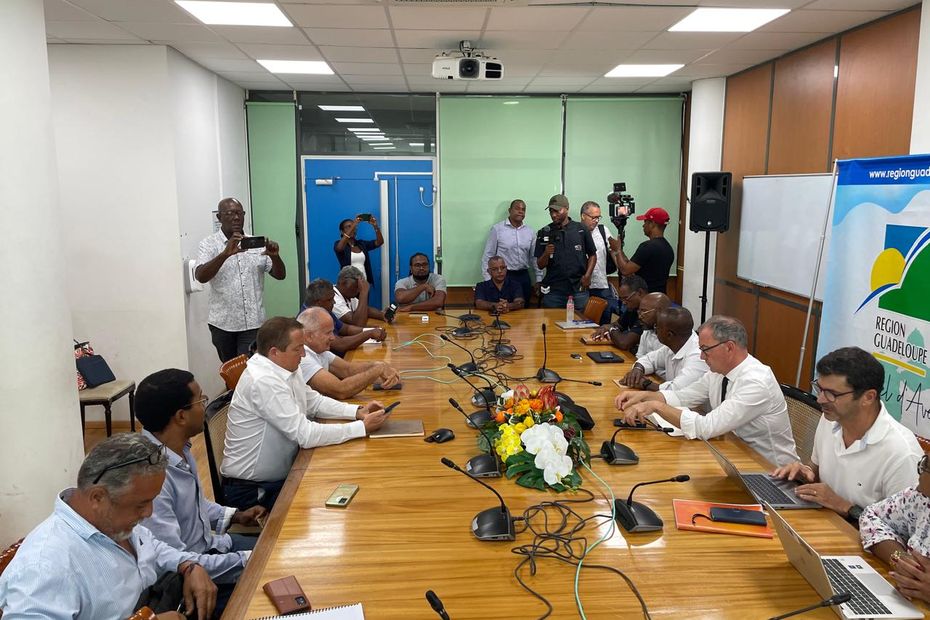
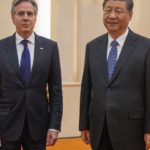
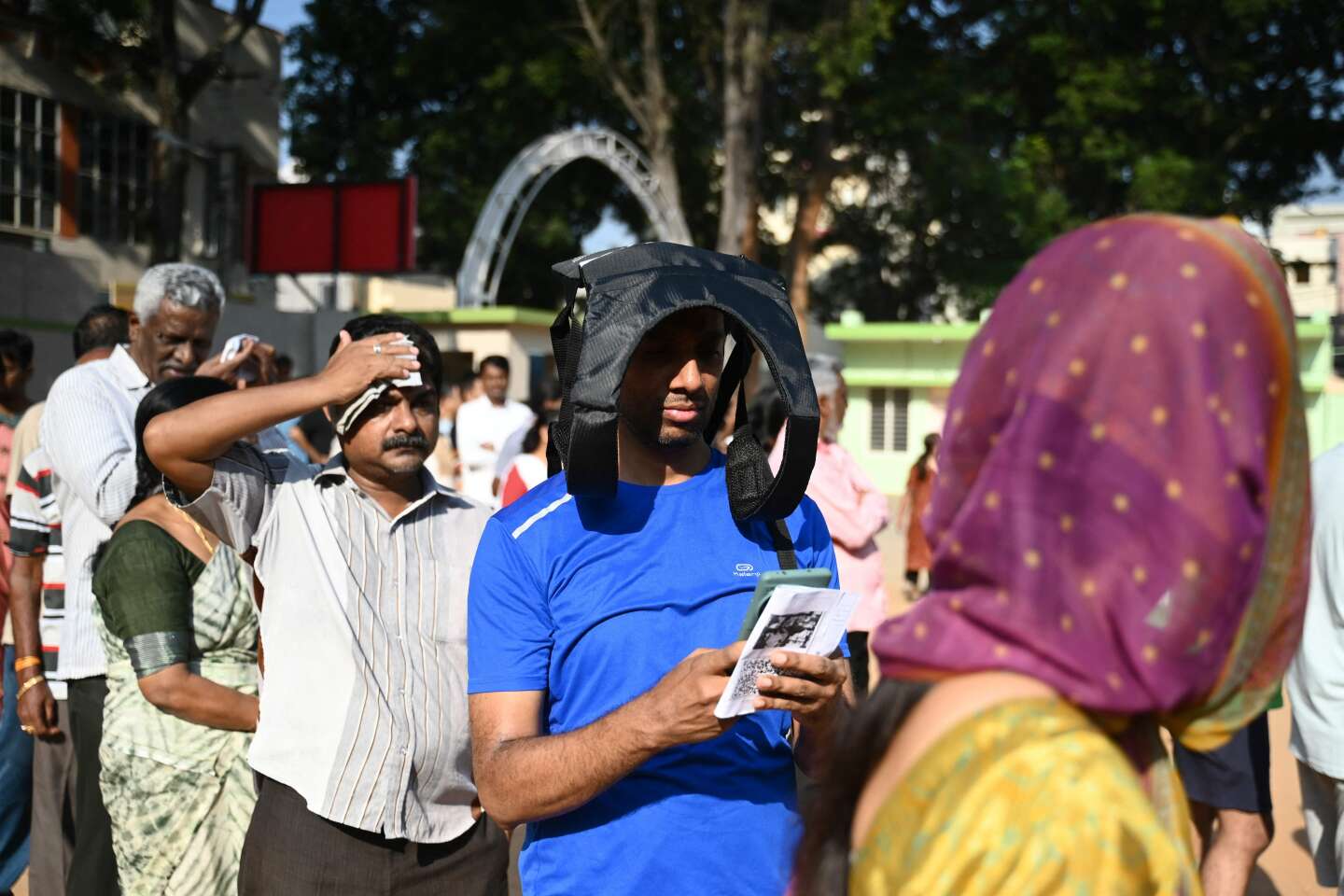
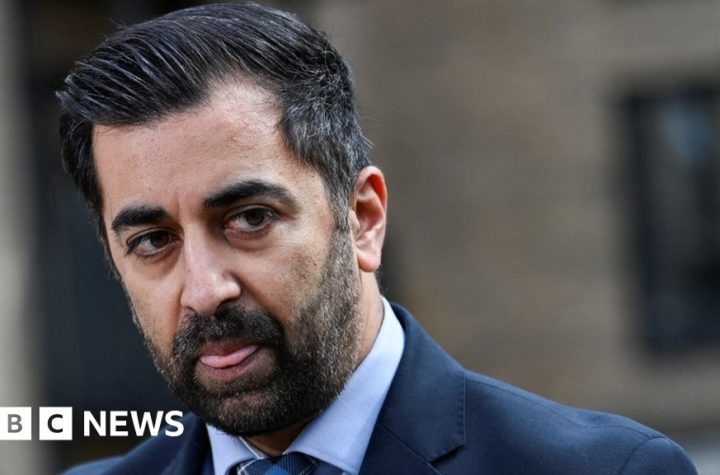
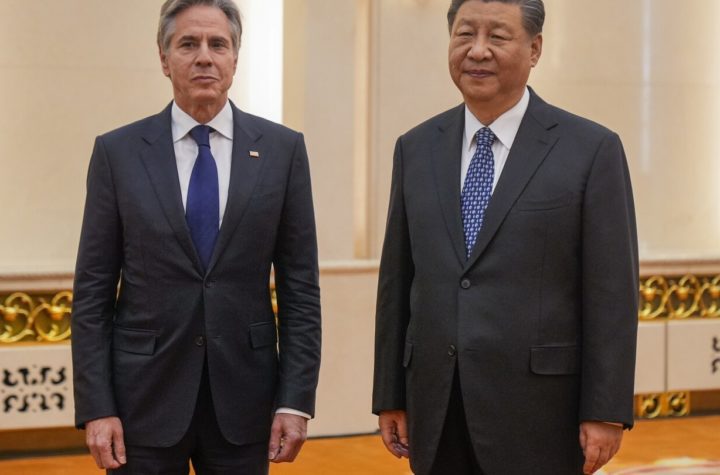
More Stories
Hamza Yousaf will not resign from the position of First Minister of Scotland
Talks between the United States and China begin with warnings about misunderstanding and miscalculation
Middle East Crisis: The United States and 17 other countries call on Hamas to release the hostages